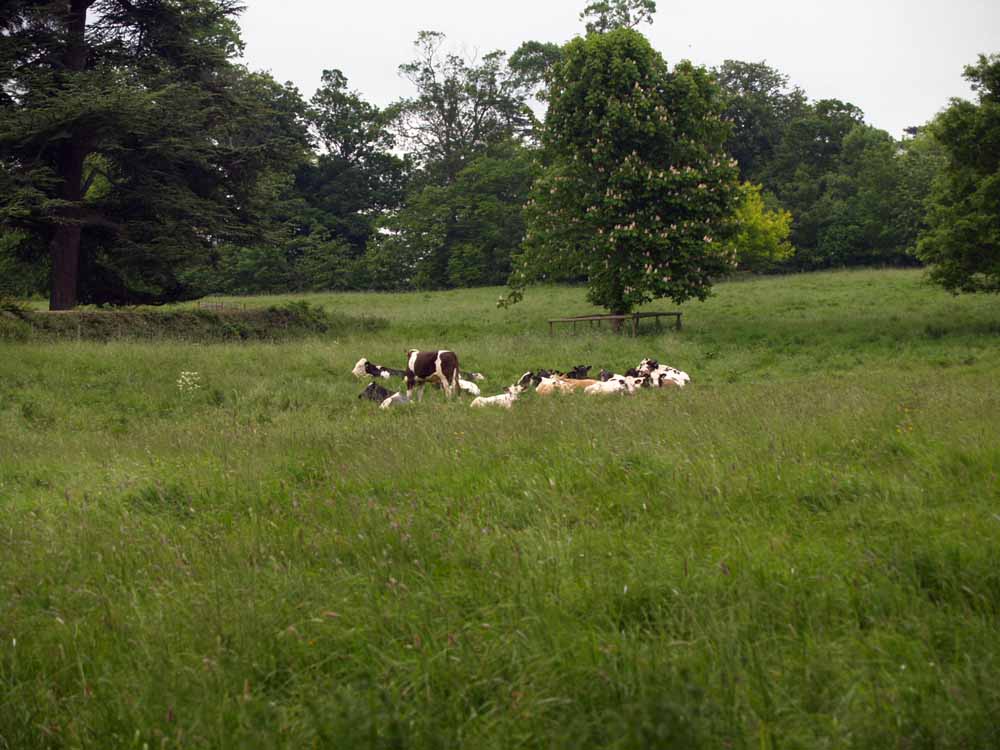
How to Have a Sustainable Organic Farm
Agriculture has seen massive changes in most developed countries over recent decades due to changes in global economics, technology and environmental concerns. This course provides an foundation for dealing with those changes, whether on your own farm, or in a broader sense. A suitable course for:
- Farmers or land owners who seek to adapt to a changing world
- Anyone wanting to develop career opportunities in rural industries
- Anyone working on farms or farm supply businesses